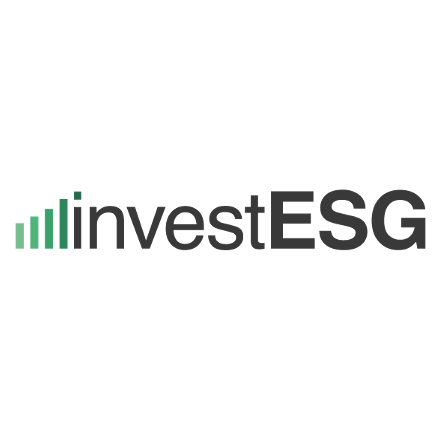With the growing climate crisis creating significant risks and opportunities in capital markets, the Ceres Accelerator for Sustainable Capital Markets released a new report today sharing investor insights on the quality of climate data, where the most critical credibility gaps lie, and how high quality, independent assurance can help close those gaps.


INSIGHT by Ceres
The report, Closing the Gap: Investor Insights into Decision-Useful Climate Data Assurance, outlines the role of third-party assurance in promoting efficient capital markets and gives recommendations on how data preparers can incorporate assurance over climate. The message from investors interviewed for the report was unanimous: the current state of climate-related information is insufficient. Investors shared that their decisions often rely on data that is based on inconsistent methodologies and that lacks a systematic check on management biases.
The report also points to new applications for disclosures that investors said would benefit from independent, third-party assurances, including greenhouse gas (GHG) emissions and targets, metrics used in executive compensation, and sustainability linked bonds. The report highlights several opportunities to design protocols to apply assurance using existing principles and practices to improve the quality of key information used by investors.
“Institutional investors have made it clear that they need consistent, comparable, decision-useful climate data,” said Steven M. Rothstein, Managing Director of the Ceres Accelerator for Sustainable Capital Markets at Ceres. “Assurance over corporate climate disclosure is critical to prevent greenwashing and ensure that investors can make decisions promoting long-term shareholder value and economic growth.”
Independent, third-party assurance is a long-standing mechanism to protect investors as well as the long-term stability of capital markets. Mandatory assurance over annual financial statements is critical to the functioning of efficient capital markets because it reduces the risk of material misstatement to a level that is acceptable to the user of the information.
For investors, assurance can address concerns about the reliability of corporate disclosures, and it is just as applicable to sustainability disclosures as to the traditional financial statements. Assurance is a key process to give investors the confidence that the estimates used to prepare disclosures are not influenced by hidden changes in methodology, bias, or unrealistic assumptions.
To give investors greater confidence in the disclosed climate data, the report recommends companies:
Highlight considerations of energy transition plans and GHG accounting guidelines in the accounting policy note to the financial statements to make it clear how energy transition plans have been considered in the development of accounting policiesDisclose climate and sustainability data methodologies, key assumptions, and calculationsImplement effective governance over climate and sustainability dataEnsure the audit committee oversees all assurance providersCreate and document a clear data flow and an ownership structure of climate and sustainability dataEngage the financial reporting team in the collection and reporting of sustainability-related informationEnsure that third-party assurance providers consider component assertions underlying sustainability disclosures including climate dataThis report is a follow-up to Ceres’ 2021 report, Lifting the Veil: Investor Expectations for Paris-aligned Financial Reporting at Oil and Gas Companies.
about
Ceres is a nonprofit organization working with the most influential capital market leaders to solve the world’s greatest sustainability challenges. The Ceres Accelerator for Sustainable Capital Markets is a center of excellence within Ceres that aims to transform the practices and policies that govern capital markets to reduce the worst financial impacts of the climate crisis. It spurs action on climate change as a systemic financial risk—driving the large-scale behavior and systems change needed to achieve a net-zero emissions economy through key financial actors including investors, banks, and insurers. The Ceres Accelerator also works with corporate boards of directors on improving governance of climate change and other sustainability issues. For more information, visit ceres.org and ceres.org/accelerator and follow @CeresNews.
All opinions expressed are those of the author and/or quoted sources. investESG.eu is an independent and neutral platform dedicated to generating debate around ESG investing topics.
Published by
 investESG
investESG
 investESG
investESG

